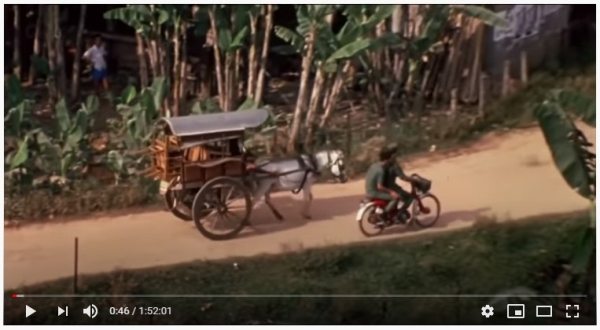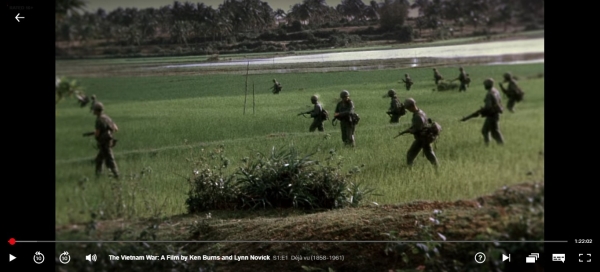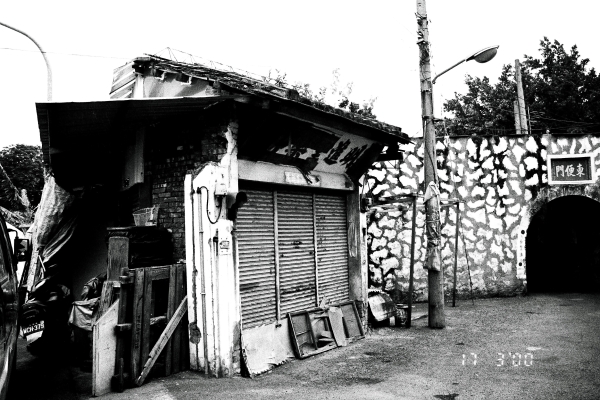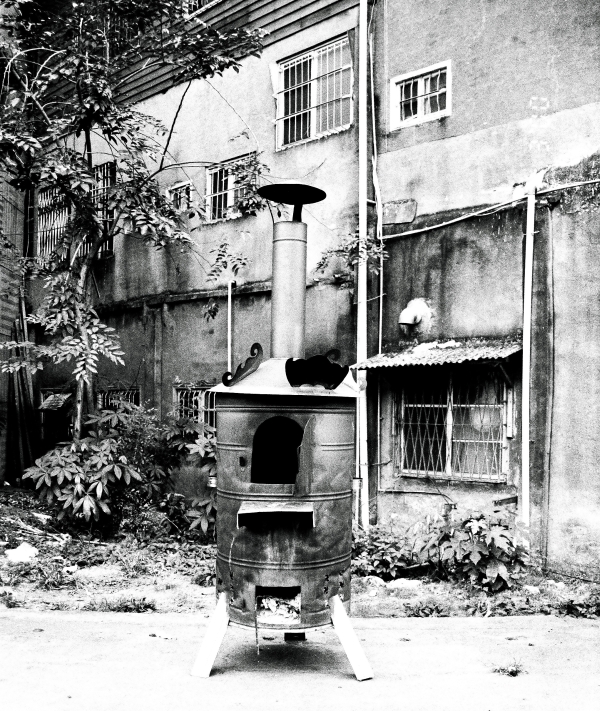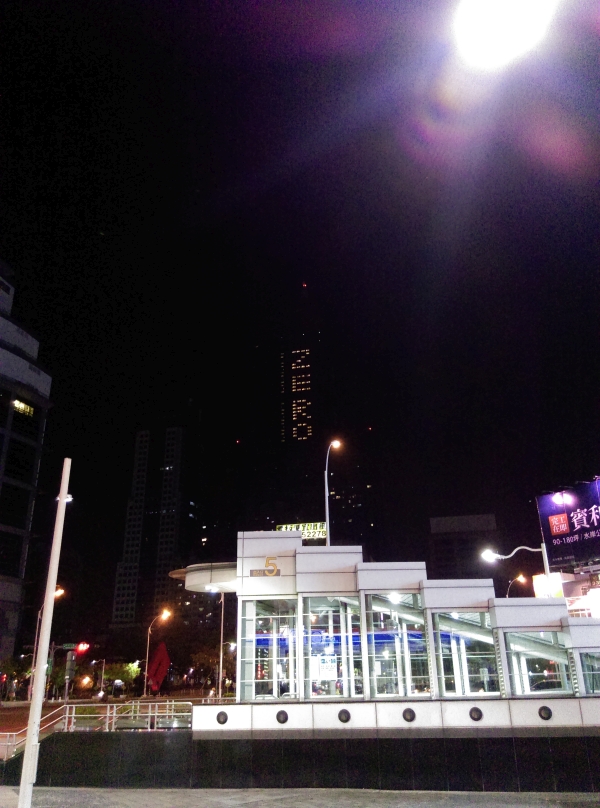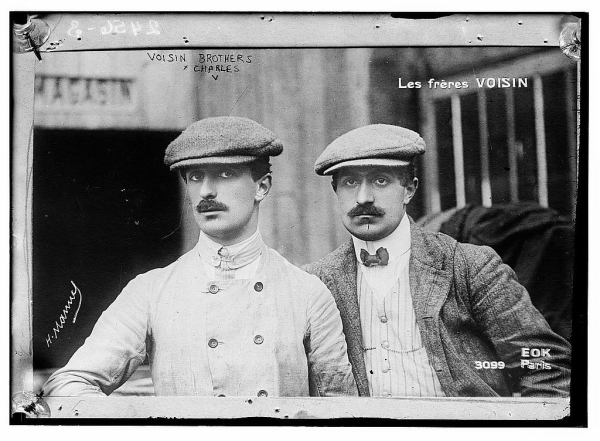Week 23, 2020
MONDAY 1 JUNE 2020
Is this mayor Democrat or Republican? Is she liberal or conservative? Does it matter?
Watch every second of this Atlanta Mayor’s speech.
Every other city leader in the country should take notes from her. pic.twitter.com/OIw8VIlUik
— Caleb Hull (@CalebJHull) May 30, 2020
TUESDAY, 2 JUNE 2020
I couldn’t resist the temptation yesterday to comment on a graphic post on my Facebook feed:
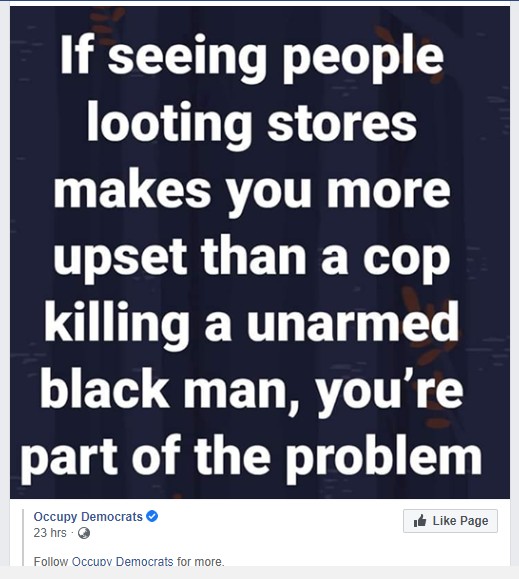
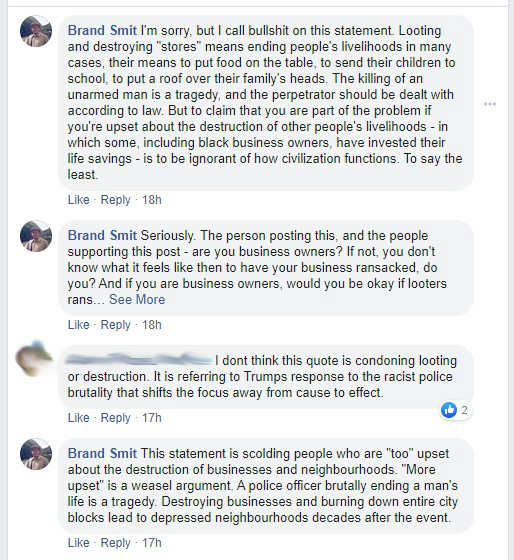
The more I thought about it, the more I wanted to add, but decided to do it here instead.
People would say: We’re also upset about the looting, but we should be more upset about the killing of an unarmed man.
“More” upset? How do you measure that? Who measures the degree of upset-ness? More or less upset is a bullshit topic. It’s about signalling your apparent virtue. What exactly do you mean when you tell people, “I’m upset about the destruction of people’s livelihoods, but I’m more upset about the killing of an unarmed man”? How upset are you then about the destruction of people’s businesses? 50 upset? 64 upset, but definitely less than 83 upset?
Be upset about both, like most reasonable people are. Both are serious events. Both reflect something seriously wrong with society.
And think twice next time before you pay attention to people who would like you to be “more upset” about one thing that destroys society, and less upset about the other.
* * *
We’re not comparing the taking of a life to the looting of a business; we’re comparing two acts of destruction. The one act led to the immediate death of a man, while the other series of acts, repeated in dozens of cities, will reduce the life quality of possibly thousands of people, for possibly more than a generation. Do yourself a favour and read up on how the looting and destruction of businesses in previous riots have led to abandoned buildings and depressed neighbourhoods, decades after the riots. To argue that one could be upset about it, but not “more” upset than you should be about the tragic ending of a man’s life, is to not understand the impact of destruction.
* * * Something just occurred to me. People are fond of speaking of privilege these days. Could your privilege of not living in a destroyed inner-city neighbourhood, and not suffering the consequences of “righteous looting” have anything to do with you not being “more” upset about it?
WEDNESDAY, 3 JUNE 2020
My position on Taiwanese independence is that it is up to the adult population of Taiwan to decide. This is not something the people of China need to decide on, because they do not live in Taiwan, and have not contributed to the vibrant democratic society Taiwan has become. Arguments can be made for both reunification with the mainland and for independence. If the people of Taiwan decide they want to be part of the People’s Republic of China, then I will be a permanent resident of the People’s Republic of China. If they decide Taiwan is indeed an independent state, I will be a permanent resident of the Republic of Taiwan.
https://en.wikipedia.org/wiki/Taiwan_independence_movement
https://en.wikipedia.org/wiki/Retrocession_Day
https://en.wikipedia.org/wiki/Chinese_unification
THURSDAY, 4 JUNE 2020
You look at what’s going on in American cities, and you think: It’s horrible.
You look at the posters that some people are displaying, and you see that it’s about the death of a black man at the hands of a white policeman.
You see people running through the streets, smashing windows, robbing shops and businesses and setting them on fire, overturning cars and setting them on fire. You see groups of people attacking people standing on their own – one person was even kicked in the head after lying prone on the ground.
The people must be furious about the black man killed by the cop, you think to yourself. Either that, or something else is going on here.
You think of yourself as someone who’s also against racism, against unnecessary violent arrests, against the targeting of minorities by a powerful majority. Nevertheless, before throwing your weight behind the people who set fire to places with such ferocity and who march through the streets, before you post memes on Facebook to show your support, and before you make it clear at a social event what side of the political line you position yourself, ask yourself if it is prudent to first make sure of the facts. It has always been a good idea in the past, right? I mean, why would you trust someone else to tell you what it’s about? Why would you march before you know what you’re marching for? Are you a child that obediently does what he’s told? Are you gullible? Are you naive? Of course not.
Here are some questions you can research in your own time:
1. How many unarmed black people have died at the hands of the police in America in the last year or so?
2. How many unarmed white people have died at the hands of the police in America in the last year or so?
3. How many police officers have died while on duty in America in the past year or so?
4. In the last year or so in America, how many black people have been victims of violence by white people?
5. In the last year or so in America, how many white people have been victims of violence by black people?
6. How many white people have been killed in the past year or so by other white people in America?
7. How many black people have been killed by other black people in America in the past year or so?
(Make sure the figures are also expressed in proportion to the population so that your conclusions aren’t incorrect.)
One handy link to start your research:
Remember, if you are so eager to show your support and be an ally of some group or organisation, left or right, liberal or conservative, that you don’t even want to make sure of the facts, you expose yourself to possible deception. Or as Malcolm X put it, you might look back later and realise: “You’ve been had. You’ve been took. You’ve been hoodwinked. Bamboozled. Led astray. Run amok!”
* * *
Think of it like this: You have nothing to lose. One of two things will happen: 1) You are going to have to change your mind, but at least you’ll know the truth, or 2) What you find will confirm what you’ve already heard or suspected, and henceforth you will be able to argue with twice as much conviction as before.
FRIDAY, 5 JUNE 2020
I may know one or two things about making money now, but I sometimes wonder what advice I would have given myself back in July 1998, when I … let’s just say, would have been totally happy with a little more capital.
You could provide a service, but it usually takes time to provide a service, and the profits aren’t always that great unless it’s a highly specialised service.
You may also consider manufacturing and selling products (as I have done, and still do sometimes), but that is also highly time-intensive.
What is the answer then? Make a list of products that people buy on a regular basis (you can select any niche you’d like to make the list more manageable). See if you can get at least one product on the list in relatively small quantities and sell them cheaper than people usually buy them. Confirm that you can reach your market, both in terms of delivery and marketing. Buy the items, say for $10, and sell them for $30. Identify another market where you can sell items for more than $30. Continue the process. An even better option: Buy something for $50, pay someone $20 to add value to the product, then sell the enhanced product for between $150 and $200.
______________________









